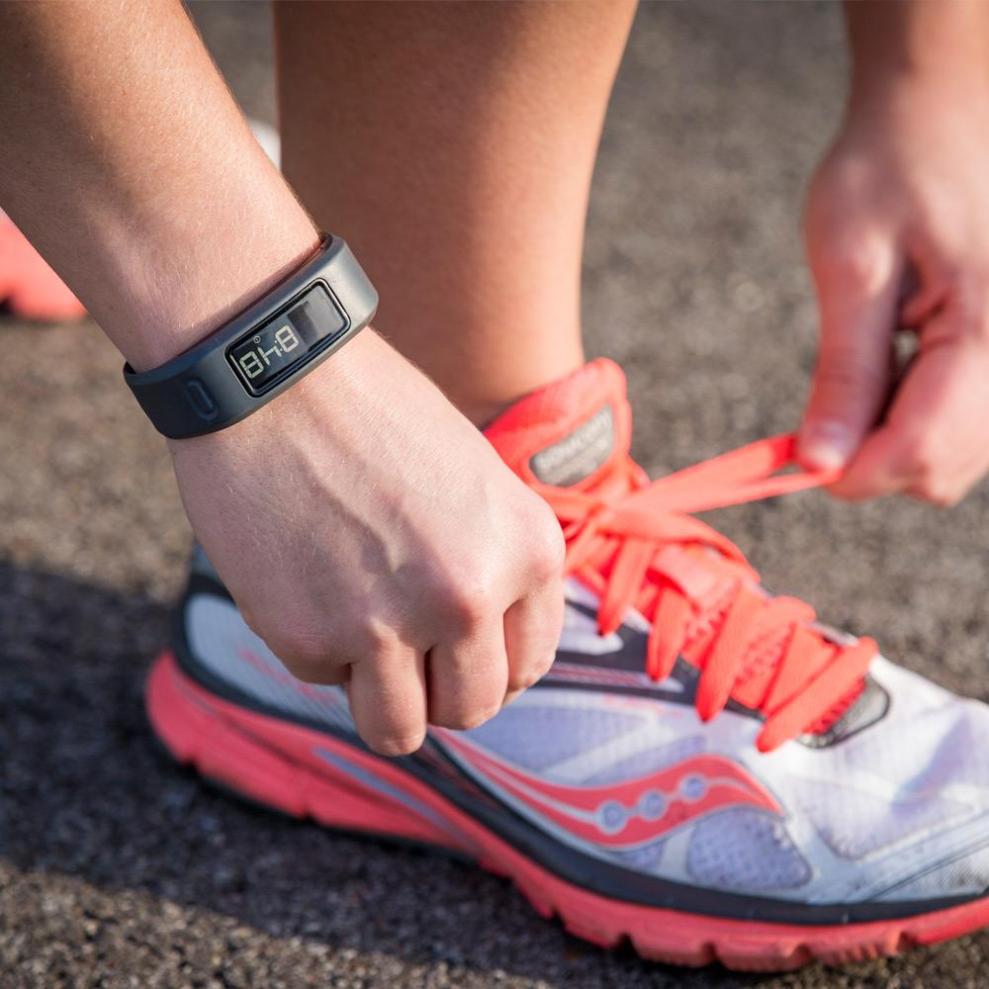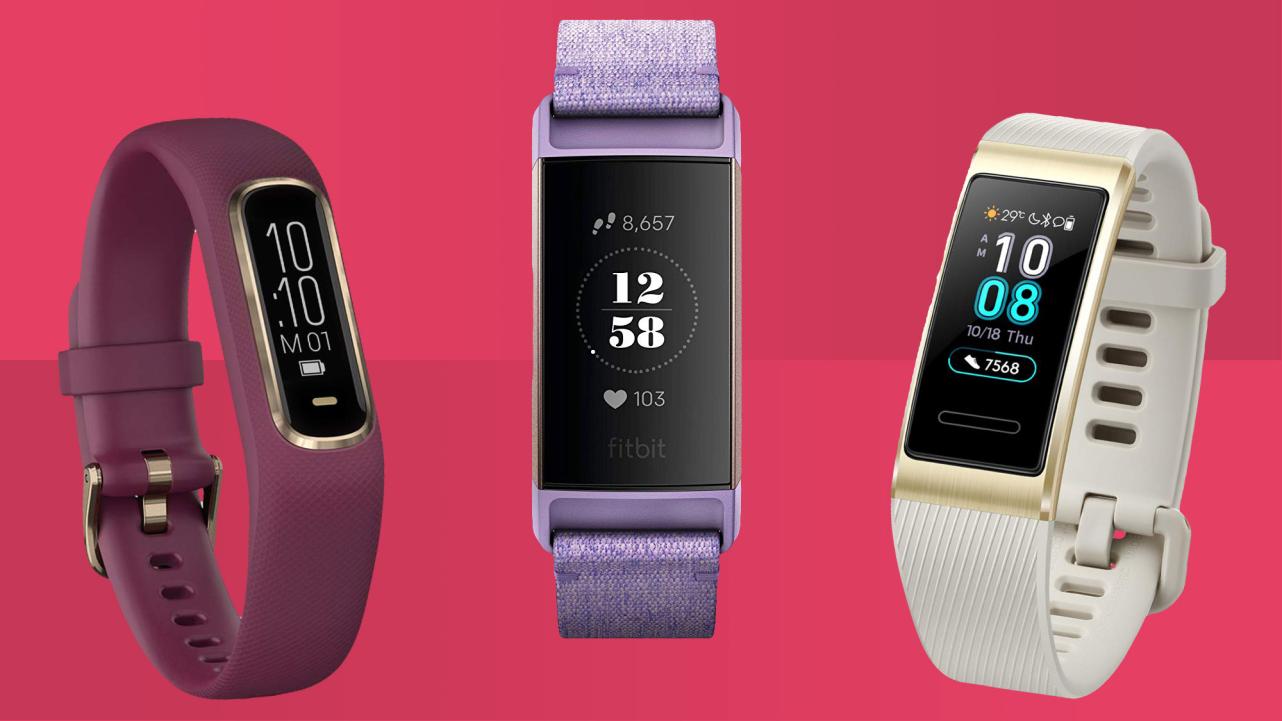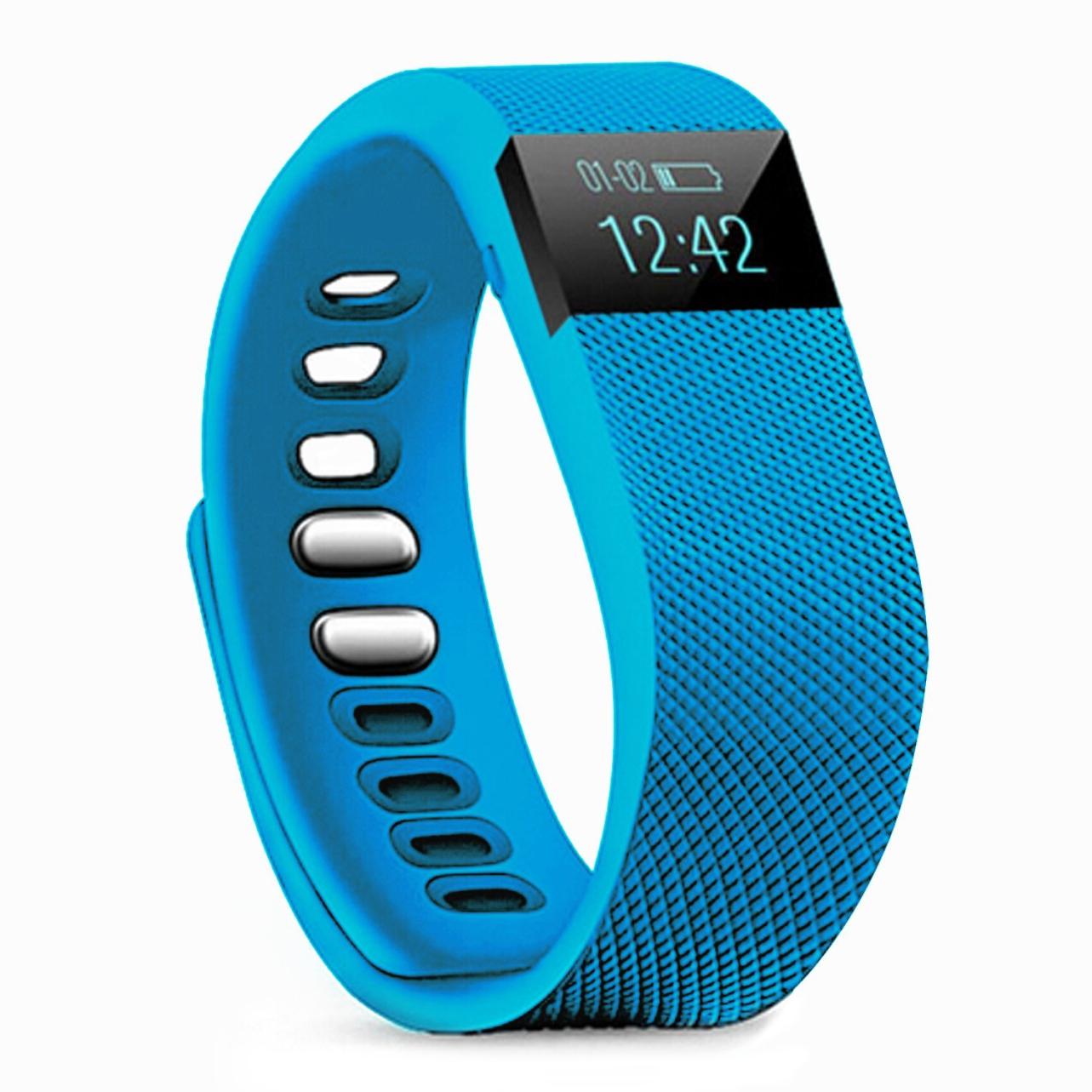How Can Fitness Apps and Trackers Be Used to Improve Physical Activity?
In today's technology-driven world, fitness apps and trackers have gained immense popularity as tools for promoting and improving physical activity. These devices and applications offer a wide range of features and functionalities that can help individuals track their progress, set goals, and stay motivated on their fitness journey.

This article delves into the role of fitness apps and trackers in improving physical activity, exploring their benefits, addressing potential challenges, and providing tips for effective usage. By leveraging the capabilities of these technologies, individuals can make informed decisions about their fitness routines and work towards achieving their health and wellness goals.
I. Understanding The Role Of Fitness Apps And Trackers
1. How Fitness Apps And Trackers Work:
Fitness apps and trackers utilize various technologies to monitor and record physical activity data. These devices typically incorporate sensors that measure steps taken, distance covered, calories burned, and heart rate. Some advanced trackers also offer features like sleep tracking, GPS tracking, and activity recognition.
2. Features And Functionalities Of Fitness Apps And Trackers:
- Goal Setting: Set personalized fitness goals, such as daily step targets or calorie burn goals.
- Progress Tracking: Monitor progress towards fitness goals through visual representations and data analysis.
- Activity Tracking: Track various physical activities, including walking, running, cycling, swimming, and more.
- Heart Rate Monitoring: Measure heart rate during exercise to optimize workouts and monitor cardiovascular health.
- Sleep Tracking: Track sleep patterns, duration, and quality to improve sleep hygiene.
- GPS Tracking: Record distance and pace during outdoor activities like running or cycling.
- Challenges and Rewards: Participate in challenges and earn rewards to stay motivated and engaged.
- Personalized Recommendations: Receive tailored workout recommendations based on individual data and preferences.
3. Choosing The Right Fitness App Or Tracker:
Selecting the right fitness app or tracker is crucial for maximizing its benefits. Consider factors such as individual fitness goals, activity preferences, budget, and compatibility with devices. Read reviews, compare features, and try out different options to find the one that best suits your needs.
II. Benefits Of Using Fitness Apps And Trackers For Physical Activity
1. Goal Setting:
- Realistic and Achievable Goals: Fitness apps and trackers help users set realistic and achievable fitness goals based on their current fitness level and lifestyle.
- Tracking Specific Goals: These apps allow users to track specific goals, such as steps taken, calories burned, or distance covered, providing a clear focus for their fitness efforts.
2. Tracking Progress:
- Visual Representations: Fitness apps and trackers provide visual representations of progress, such as graphs and charts, making it easier to monitor improvement over time.
- Motivation and Accountability: Tracking progress helps users stay motivated and accountable, as they can see the tangible results of their efforts.
3. Motivation And Encouragement:
- Progress Bars and Challenges: Fitness apps often incorporate progress bars and challenges to keep users engaged and motivated.
- Rewards and Recognition: Some apps offer rewards or recognition for achieving fitness milestones, providing an extra boost of motivation.
4. Personalized Recommendations:
- Tailored Workout Recommendations: Some fitness apps and trackers offer personalized workout recommendations based on individual data and preferences.
- Optimizing Physical Activity: Tailored recommendations help users optimize their physical activity by suggesting workouts that align with their goals and abilities.
III. Overcoming Challenges And Limitations

While fitness apps and trackers offer numerous benefits, there are potential challenges and limitations to consider:
1. Accuracy Concerns:
The accuracy of fitness apps and trackers can vary depending on the device and the activity being tracked. Factors like GPS signal strength and sensor sensitivity can affect the accuracy of data.
2. Privacy Concerns:

Fitness apps and trackers collect personal data, including activity levels, heart rate, and sleep patterns. It is important to choose apps that have strong privacy policies and to be mindful of the data being shared.
3. Over-Reliance On Technology:
Fitness apps and trackers should be used as tools to support physical activity, not as replacements for it. Over-reliance on technology can lead to a disconnect from natural movement and may hinder the development of intrinsic motivation for exercise.
Fitness apps and trackers can be valuable tools in promoting and improving physical activity. By setting goals, tracking progress, providing motivation, and offering personalized recommendations, these technologies can help individuals stay active and work towards their fitness goals. However, it is important to address potential challenges and limitations, such as accuracy concerns, privacy issues, and over-reliance on technology, to ensure effective and sustainable use.
By leveraging the capabilities of fitness apps and trackers, individuals can make informed decisions about their fitness routines, overcome barriers to physical activity, and ultimately improve their overall health and well-being.
YesNo

Leave a Reply